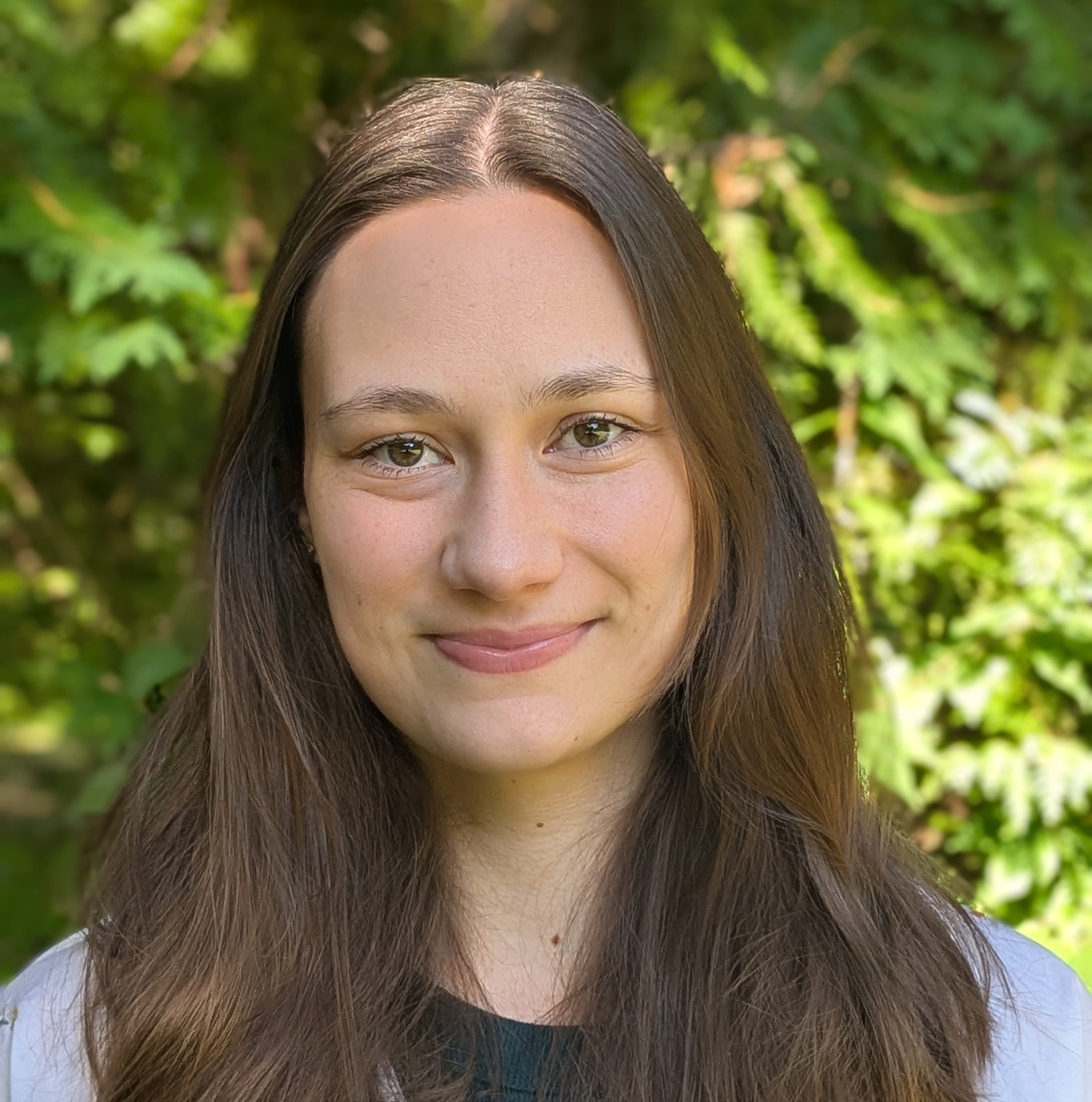 When I first started applying to graduate programs, I was surprised by how different the requirements of each school could be. While one just asked for a statement of purpose, another may ask for a statement of purpose, supplemental essays, and a writing sample. Similarly, one asked for just two letters of recommendation from any professional or academic connection, while another asked for three, with at least two from professors. Some schools even have length requirements for your resume! Then came the issue of remembering what made each program unique, and how to incorporate those aspects into my statement of purpose for each school. Despite the daunting nature of the application process, I was able to move through it with ease with some proactive organization and planning.
When I first started applying to graduate programs, I was surprised by how different the requirements of each school could be. While one just asked for a statement of purpose, another may ask for a statement of purpose, supplemental essays, and a writing sample. Similarly, one asked for just two letters of recommendation from any professional or academic connection, while another asked for three, with at least two from professors. Some schools even have length requirements for your resume! Then came the issue of remembering what made each program unique, and how to incorporate those aspects into my statement of purpose for each school. Despite the daunting nature of the application process, I was able to move through it with ease with some proactive organization and planning. Before you even open an application, reflect on why you want to pursue graduate-level education. Is it from lived experience? Were you inspired by your job? Are you in your final year of your undergraduate degree looking to specialize? Knowing the why is the foundation of your success, as every program you apply to will ask this question. Consider your why when you are researching schools as well – each program has a niche that makes it special, and think about how that niche fits into your own goals and aspirations.
Now, let’s get into the nitty-gritty details of setting yourself up for success when applying to graduate schools!
First off, I took note of each deadline for the programs I was interested in. Some programs accepted applications on a rolling basis and only had one hard deadline mid-summer, but others had priority deadlines spaced throughout the spring and into the summer. Working from these deadlines, I created “check-ins” for myself for when I had to rough drafts of my materials completed. This held me accountable to the deadlines and ensured that I was not cramming my essays all at once right before the application window closed.
After establishing my timeline, I created a spreadsheet of each program and their application requirements. While I was only applying to three schools, this was quite helpful to keep myself organized. I also added who was writing my recommendation letters, and whether they had submitted their letter through each program’s application portal. This way, I could quickly glance at any given program and see what requirements I had completed or was working on. A final aspect I included was the way each program wanted my undergraduate transcript. Sometimes programs do not want the transcripts that accompany your application to be uploaded to the application portal. There was at least one program that requested my transcript be emailed, but they did not send any follow-up notification upon receipt. My spreadsheet allowed me to quickly check the requirements of each program without having to sift through the website again and again to look for this information.
Next, I asked my recommenders for letters early. Whoever you ask, whether they were a supervisor for an internship or a professor, will prefer to know about the letter sooner rather than later. These are busy people, and it may take them some time to formulate a recommendation. When requesting a letter from a professor, I found it helpful to list the exact classes I took with them, and included why I thought their voice would be a meaningful one to incorporate into my application. Generally, one to two months before the deadline is plenty of time for a recommender to write a letter, but whether they are on sabbatical or away from work for some other reason should be taken into consideration.
One of the hardest parts of the application process is putting into words why you wish to attend graduate school, and how each program can further your goals. However, the personal statement is often the most important part of your application! You will want to spend a decent amount of time on this statement, and any supplemental essays, to drive home why you are applying to that specific program at this point in time.
Lastly, before you hit that enticing “submit button,” double check each application has all accompanying materials. Did you submit your personal statement in the format the application required (PDF versus a Word Doc)? Did you ensure your resume was up to date? Are all of your recommendation letters in? If not, remind your recommenders! They want you to succeed just as much as you do, and will appreciate a quick reminder to get that letter in.
All in all, applying to graduate school can be a daunting process. However, some reflection, organization, and planning can ensure that you present the best possible version of yourself to the application committee.
